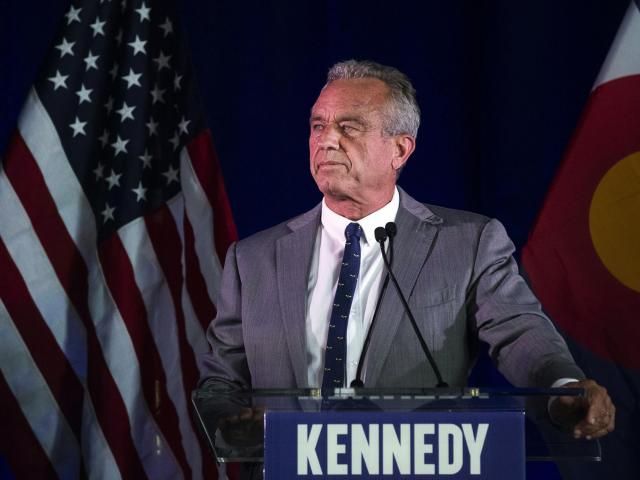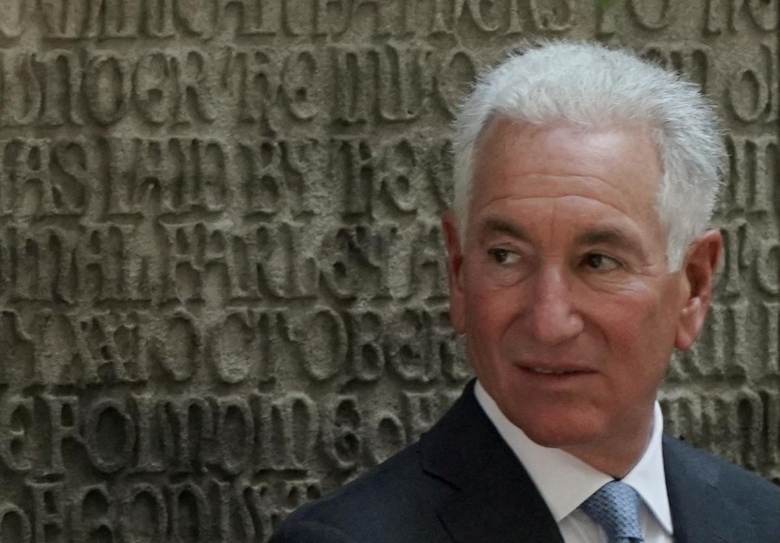Robert F. Kennedy Jr. has opted to remove his name from ballots in several key swing states, a decision that could have significant implications for the 2024 presidential election. Kennedy, who launched his campaign as an independent after parting ways with the Democratic Party, has now chosen to withdraw from most battleground states.
The move has sparked widespread speculation about his motivations and the potential impact on the race.
Kennedy’s Campaign and Legal Battles
Kennedy’s campaign, initially seen as a wildcard that could siphon votes from both major parties, has faced numerous challenges.
Most notably, Kennedy recently filed a lawsuit against the North Carolina State Board of Elections, accusing them of unlawfully refusing to remove his name from the ballot. The lawsuit, which argues that the Board’s actions violate his rights, highlights the legal complexities surrounding his decision to withdraw from key states .
Kennedy’s decision to pursue legal action in North Carolina is not an isolated incident.
His campaign has encountered resistance in multiple states, as election boards grapple with the implications of his withdrawal. Despite these challenges, Kennedy has maintained that his decision is rooted in a desire to avoid being a “spoiler” in the election, a concern often raised by third-party candidates.
Implications for Swing States
The removal of Kennedy’s name from swing state ballots could have a profound impact on the electoral landscape. Swing states, which are known for their pivotal role in determining the outcome of presidential elections, often see tight races where even a small shift in votes can tip the scales.
By removing his name, Kennedy may be attempting to influence the election’s dynamics, potentially benefiting one of the major party candidates.
Kennedy’s decision has led to speculation about whether he is intentionally aiding former President Donald Trump’s campaign. Given the polarizing nature of the 2024 race, Kennedy’s withdrawal could be seen as an effort to consolidate conservative votes and avoid splitting the electorate in key battlegrounds.
This move could be particularly significant in states like North Carolina, Pennsylvania, and Michigan, where Kennedy’s presence on the ballot could have drawn votes away from Trump, potentially aiding the Democratic candidate.
As of August 31st:
North Carolina
On Thursday, the North Carolina State Board of Elections narrowly voted against Kennedy’s request.
The 3 Democrats on the board, who all voted to keep him on the ballot, cited the “impracticality” of reprinting ballots as a key factor in their decision.
In response, Kennedy filed a lawsuit filed in Wake County Superior Court on Friday says the board’s decision to deny Kenendy’s request to remove his name from the ballot violates his free speech rights and accuses the board of making an issue out of nothing.
Pennsylvania
A Pennsylvania judge ruled for Kennedy ordering his name to be removed from the ballot in the state.
Polls showed Kennedy averaging 4% in the state. In a state that’s delivered narrow wins to the last two presidents, Kennedy’s removal could be pivotal to the outcome.
Absentee ballots go out 50 days before the general election, which is Monday, Sept. 16.
Georgia
A Georgia judge ruled against Kennedy’s seeking ballot access in the state.
Absentee ballots in the state do not get sent out until 25-29 days before the election.
Wisconsin
On Tuesday, the Wisconsin Elections Commission voted against Kennedy’s request to be withdrawn from the ballot.
“The law in this case is crystal clear,” said Ann Jacobs, the chair of the commission.
Absentee ballots will start to go out Sept. 19, which is 47 days before Nov. 5.
Michigan
Kennedy will also remain on the ballot in Michigan.
According to the Secretary of State’s office, it was too late for Kennedy to remove his name.
Michigan absentee ballots will begin to go out 45 days before the election, which is Sept. 21.
Arizona
Kennedy filed the paperwork to remove his name from the ballot in Arizona even prior to announcing his plan to suspend his campaign.
This request was granted.
“RFK Jr.’s campaign filed official paperwork with our office today withdrawing him from AZ’s 2024 election,” Secretary of State Adrian Fontes posted to social media last week.
RFK Jr.’s campaign filed official paperwork with our office today withdrawing him from AZ’s 2024 election. That filling will be available on our website tomorrow at https://t.co/GsXDYD1kDY pic.twitter.com/JJTG9Q77Vx
— Arizona Secretary of State (@AZSecretary) August 23, 2024
With Arizona’s absentee ballot deadline of 24-27 days before the election.
Nevada
Kennedy struck a deal with the Nevada Democratic Party, removing him from the ballot.
On Tuesday, a judge officially signed an agreement between both sides to drop the case and remove Kennedy from the ballot.
The litigation allowed Kennedy to remove himself from the ballot, as the official deadline had already passed.
Kennedy has also successfully withdrawn his candidacy in Florida, Ohio and Texas.
A Calculated Move or a Response to Pressure?
While some view Kennedy’s decision as a strategic move to bolster Trump’s chances, others argue that it may be a response to pressure from various political factions. Kennedy’s campaign has faced criticism from both the left and the right, with some accusing him of being a spoiler candidate whose presence could inadvertently help the Democratic Party.
However, Kennedy has consistently denied these claims, asserting that his campaign is focused on promoting a platform that transcends traditional party lines. His decision to withdraw from swing states could be seen as an attempt to remain true to his principles while acknowledging the political realities of the 2024 race.
Conservative Reactions
From a conservative perspective, Kennedy’s decision could be seen as a positive development for the Republican Party. By removing his name from the ballot, Kennedy may be helping to prevent a split in the conservative vote, thereby increasing Trump’s chances of success in crucial swing states. This move is likely to be welcomed by many on the right, who view Kennedy’s candidacy as a potential threat to Trump’s re-election prospects.
Moreover, Kennedy’s withdrawal could be interpreted as a recognition of the importance of unity within the conservative movement. In an election where every vote counts, consolidating support around a single candidate could be key to securing victory in November 2024.
Conclusion
As the 2024 election approaches, Kennedy’s decision to remove his name from most swing state ballots will undoubtedly continue to generate debate. While the full impact of this move remains to be seen, it is clear that Kennedy’s withdrawal could play a crucial role in shaping the outcome of the election. Whether motivated by strategy, principle, or a combination of both, Kennedy’s decision is a reminder of the complex and often unpredictable nature of American politics.


